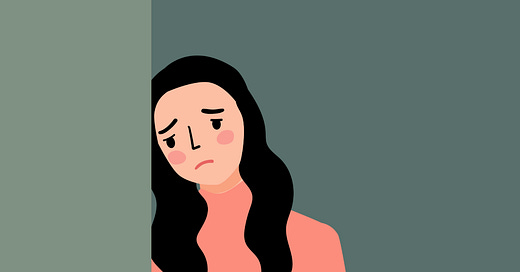Life After Loss: How, What and Who Do We Grieve For?
A Mini Series on Grief Work and Recovery
I’m Kate, a psychotherapist writing about mental health and self-discovery, for you to flourish in a life you love. When we cultivate compassion, resilience and understanding, we also create a more harmonious world. Upgrade here for transformative journaling prompts, empowering tools, workbooks, guided meditations, and if you’d like to support my work. Your presence means so much - thanks for being here!
Hi friends,
Grief is one of life’s most profound and challenging experiences, and it’s likely to come to us all. Yet it’s often misunderstood or avoided.
Whether it’s the loss of a loved one, a relationship, or even a part of ourselves, grief can feel overwhelming and isolating. Understanding the many forms grief can take, and how it impacts our lives, is the first step toward healing.
If you’ve ever struggled to make sense of your own grief—or to support someone else through theirs, read on. You’re not alone, and there is hope in understanding it, and rebuilding a bright future.





